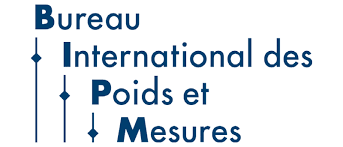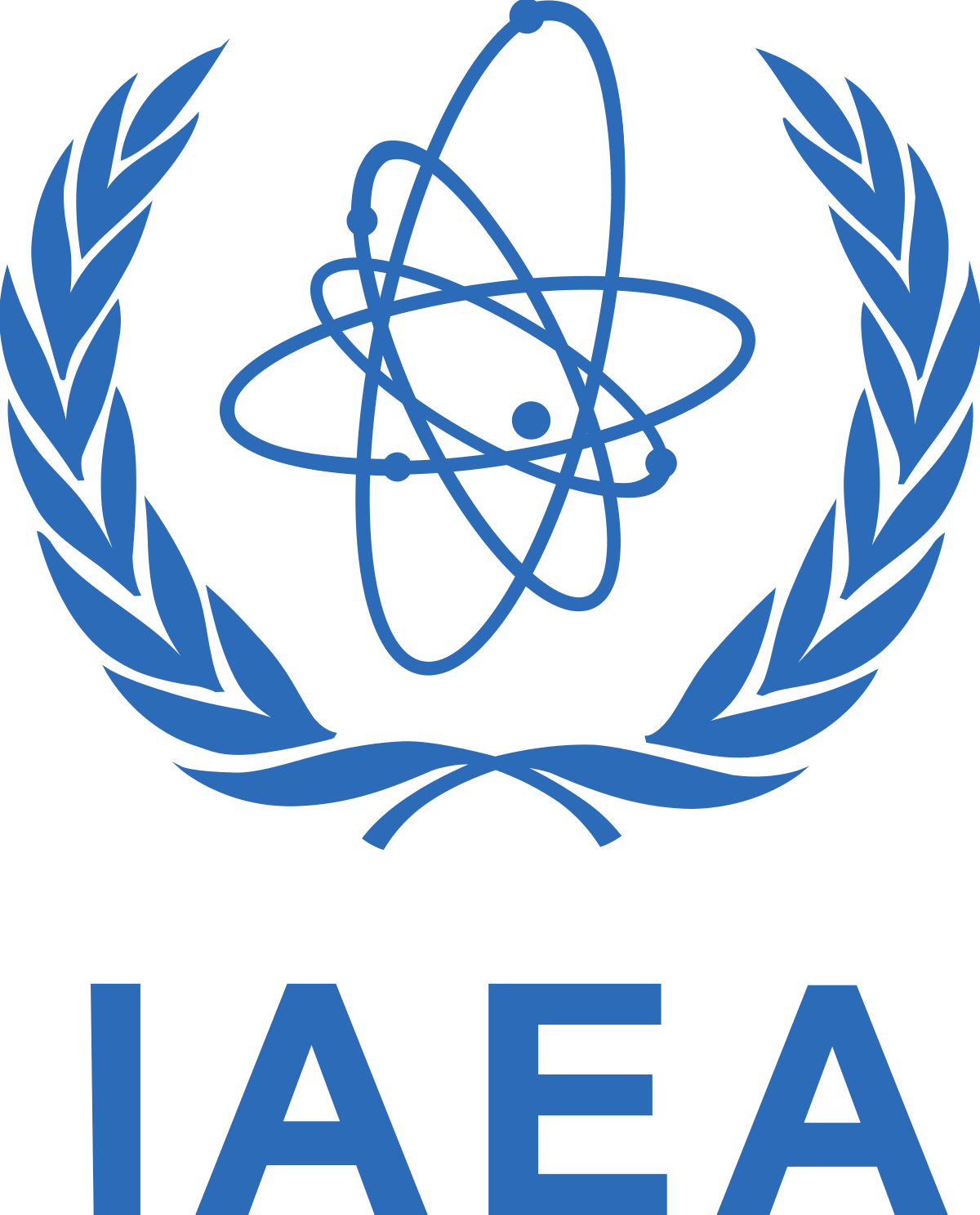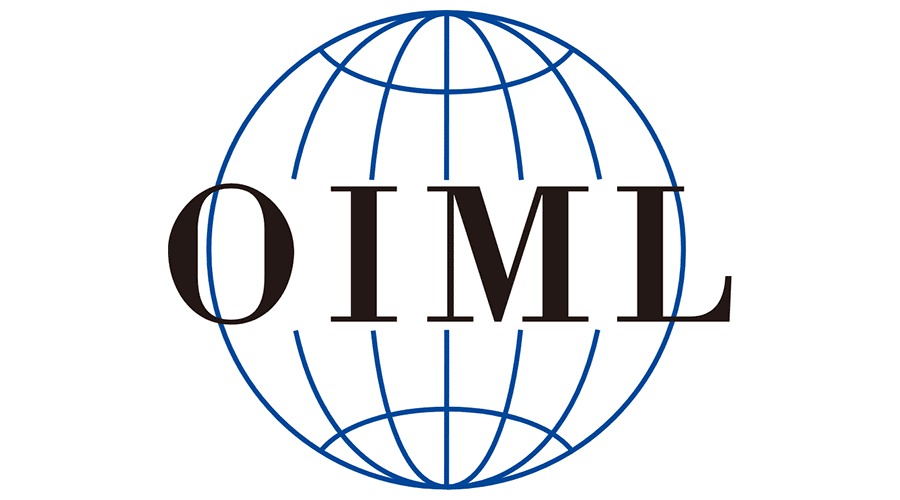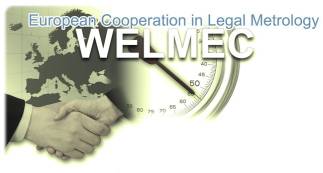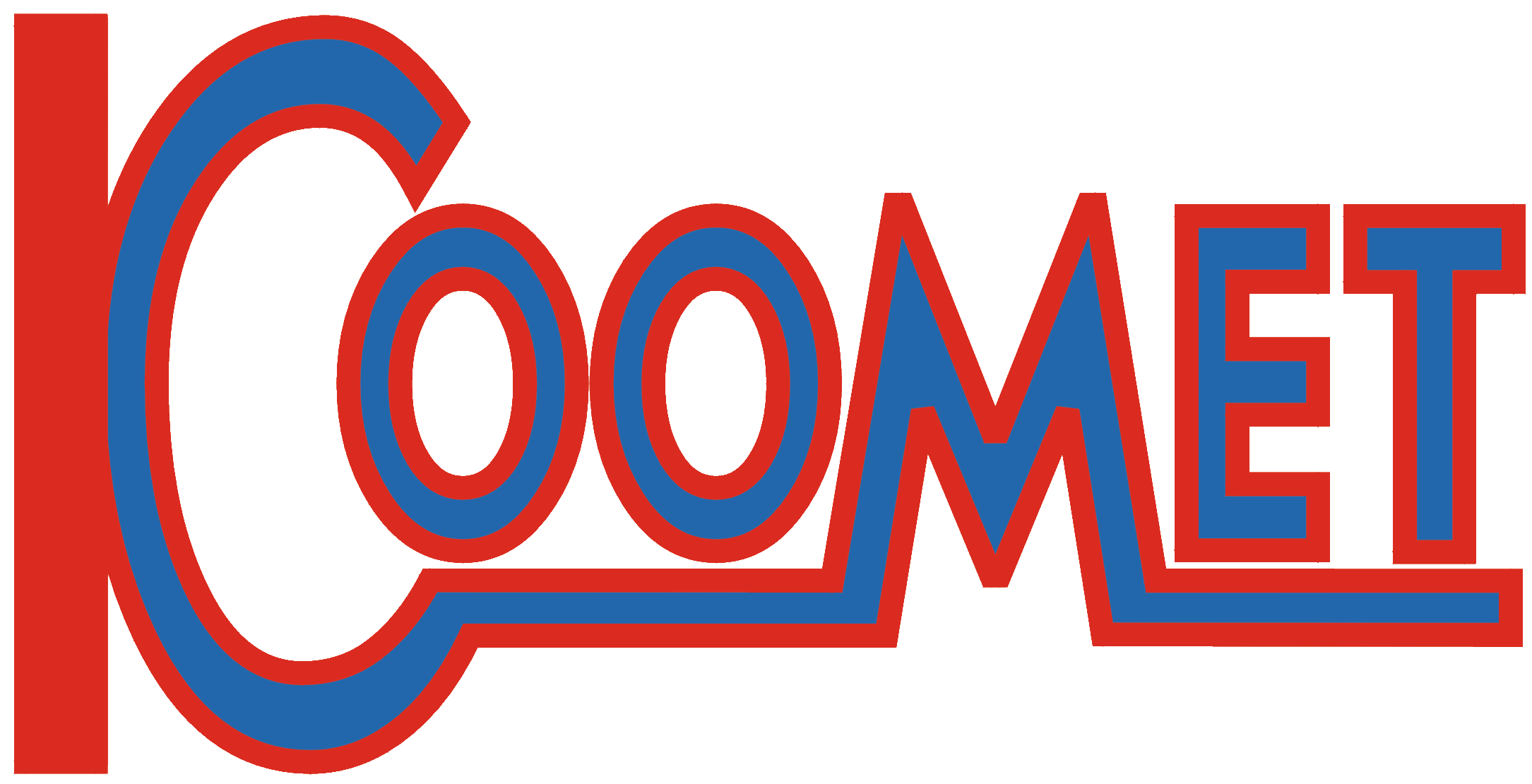The International Bureau of Weights and Measures (BIPM) is the organization established by the Metre Convention, through which Member States act together on matters related to measurement science and measurement standards. BIPM manages the official system for the demonstration of the equivalence of SI realization at the highest level through an International Arrangement established in 1999 by the International Committee of Weights and Measures (CIPM) and entitled as the Mutual Recognition Arrangement of national measurement standards and of calibration certificates issued by National Metrology Institutes (CIPM MRA).
The signing of this Arrangement facilitates the demonstration of measurement capabilities, contributes to reducing technical barriers to trade generated by measurement results, and offers metrological support for the development of the national economy by:
- Mutual recognition of national measurement standards and calibration certificates issued by INM (CIPM MRA);
- Publishing of key comparison results in which INM participates (KCBD);
- Publishing of INM measurement capabilities (CMCs) on the BIPM website.
The Republic of Moldova adhered to the General Conference of Weights and Measures (CGPM) of the International Metrology Organization "Metre Convention" as an Associate Member in 2005.



